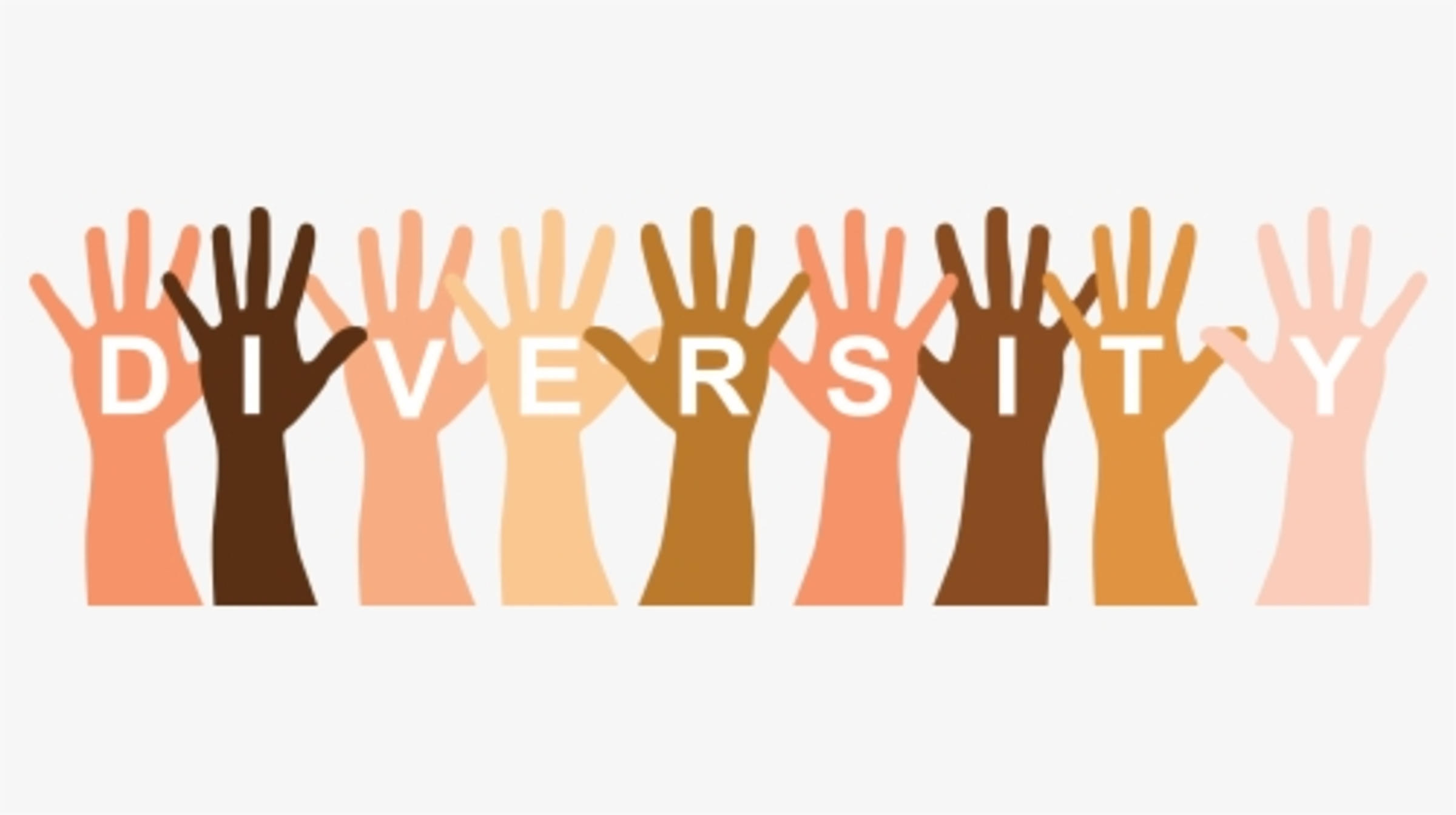Learning Diversity
Vira Pirrotta

Learning Diversity
Vira Pirrotta
In Term One, teachers and leaders worked together through an ongoing learning and teaching cycle to support and identify students with diverse learning needs who may require adjustment or support to engage actively and successfully in the curriculum.
Through various assessment data collected in Term One, teachers, leaders, and the Speech Pathologist have identified students who may benefit from extra support. This term, teachers will set goals and implement a teaching program to support these students.
This term, parents will be asked to attend a PSG meeting earlier in Term 2 to discuss student needs and the support that will be implemented for the year.
A Program Support Group (PSG) is a partnership between the student, parent/guardian/carer(s), school representatives and, where relevant, invited professionals who work together to ensure coordinated support for the student’s needs. A PSG aims to ensure that those with the most knowledge of and responsibility for the student work together to establish shared goals for the student’s program.
The Program Support Group brings together key stakeholders who have relevant knowledge of and responsibility for the student. The PSG meeting will collaboratively establish shared SMART goals for the student’s health, social, emotional and educational development.
The Program Support Group is an opportunity to collaborate with the school on goal setting, planning, monitoring, and discussing student progress.
Program Support Group work together to:
We look forward to meeting with you to discuss your child’s progress.